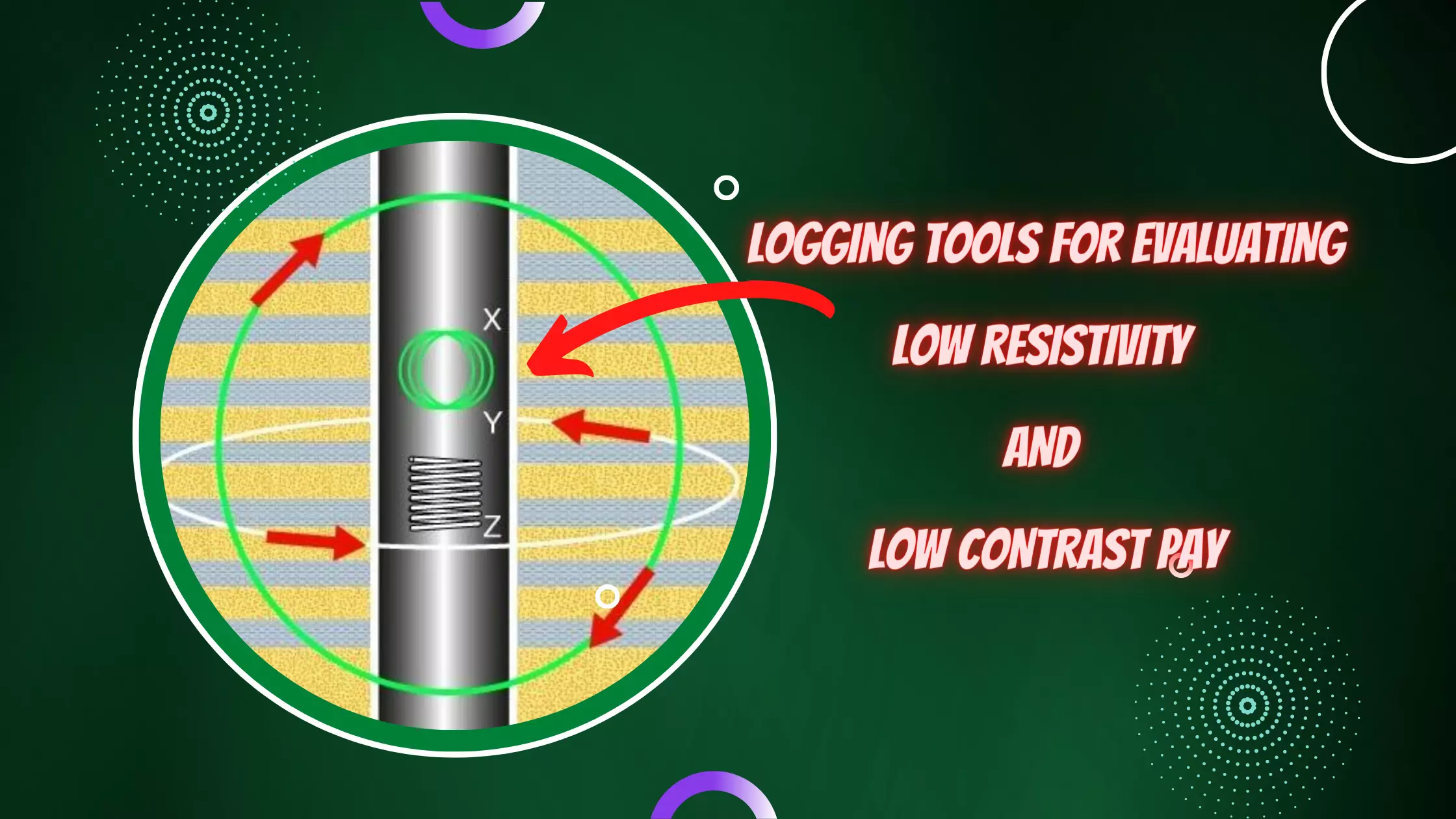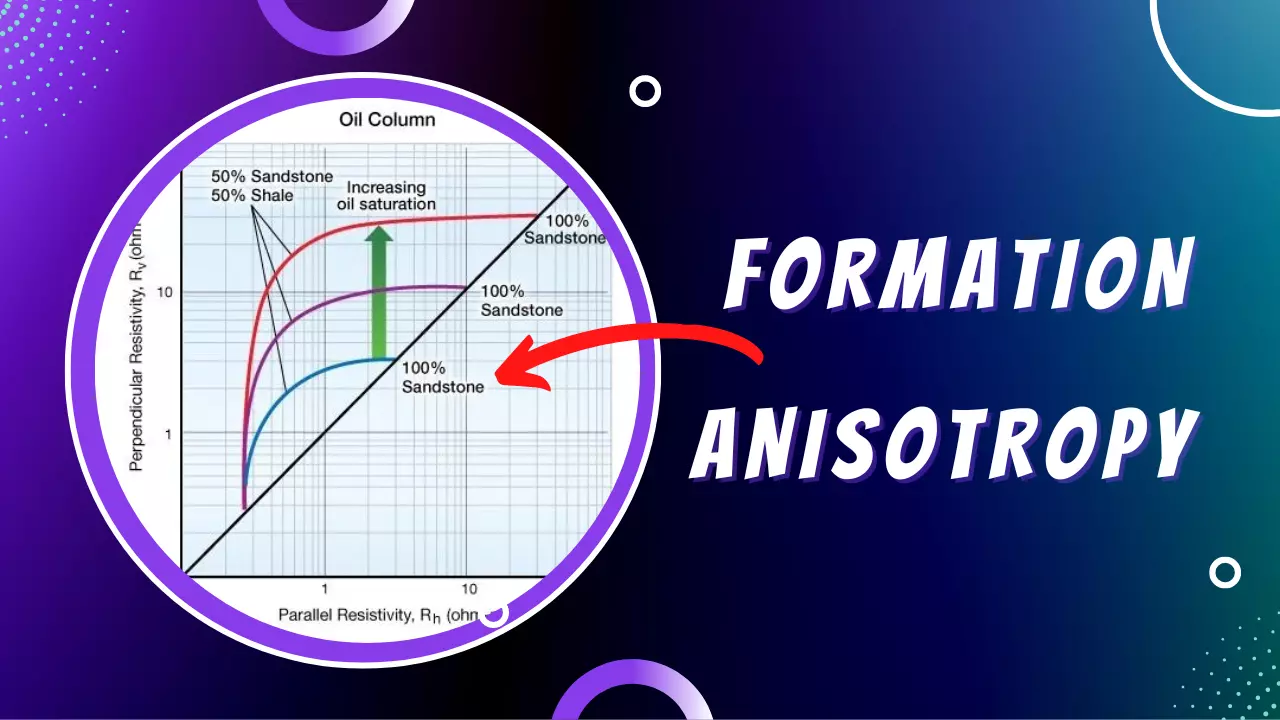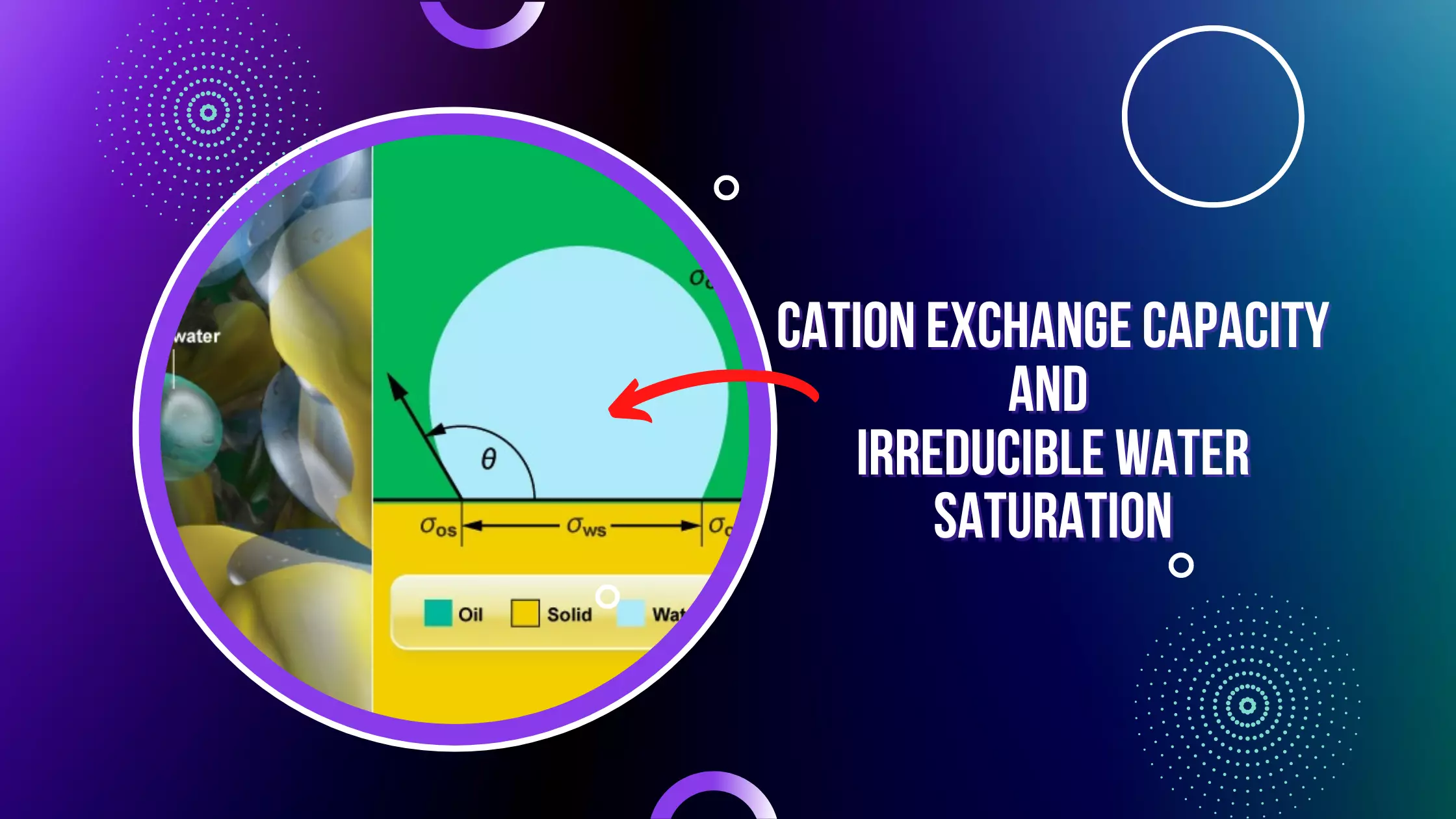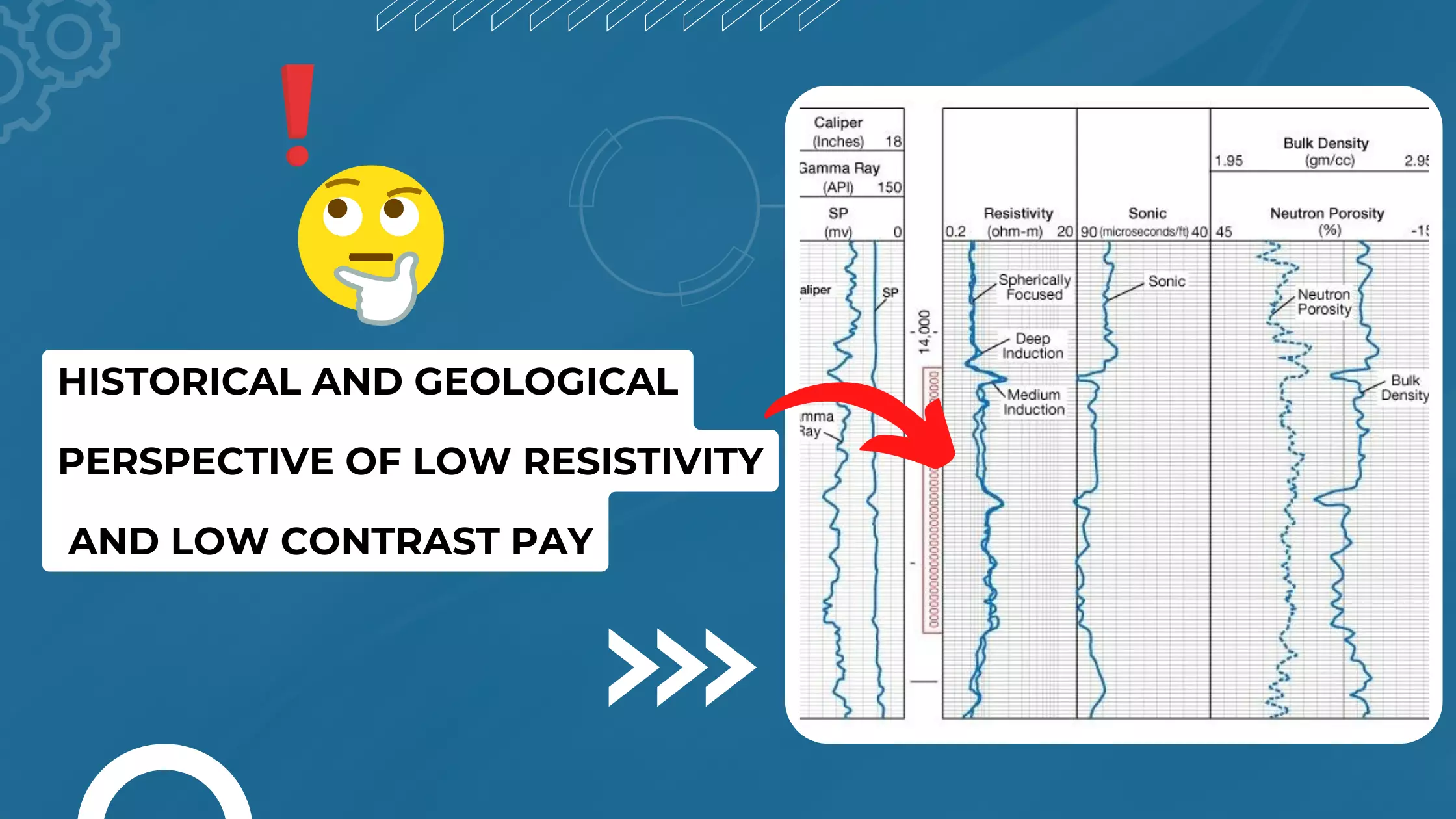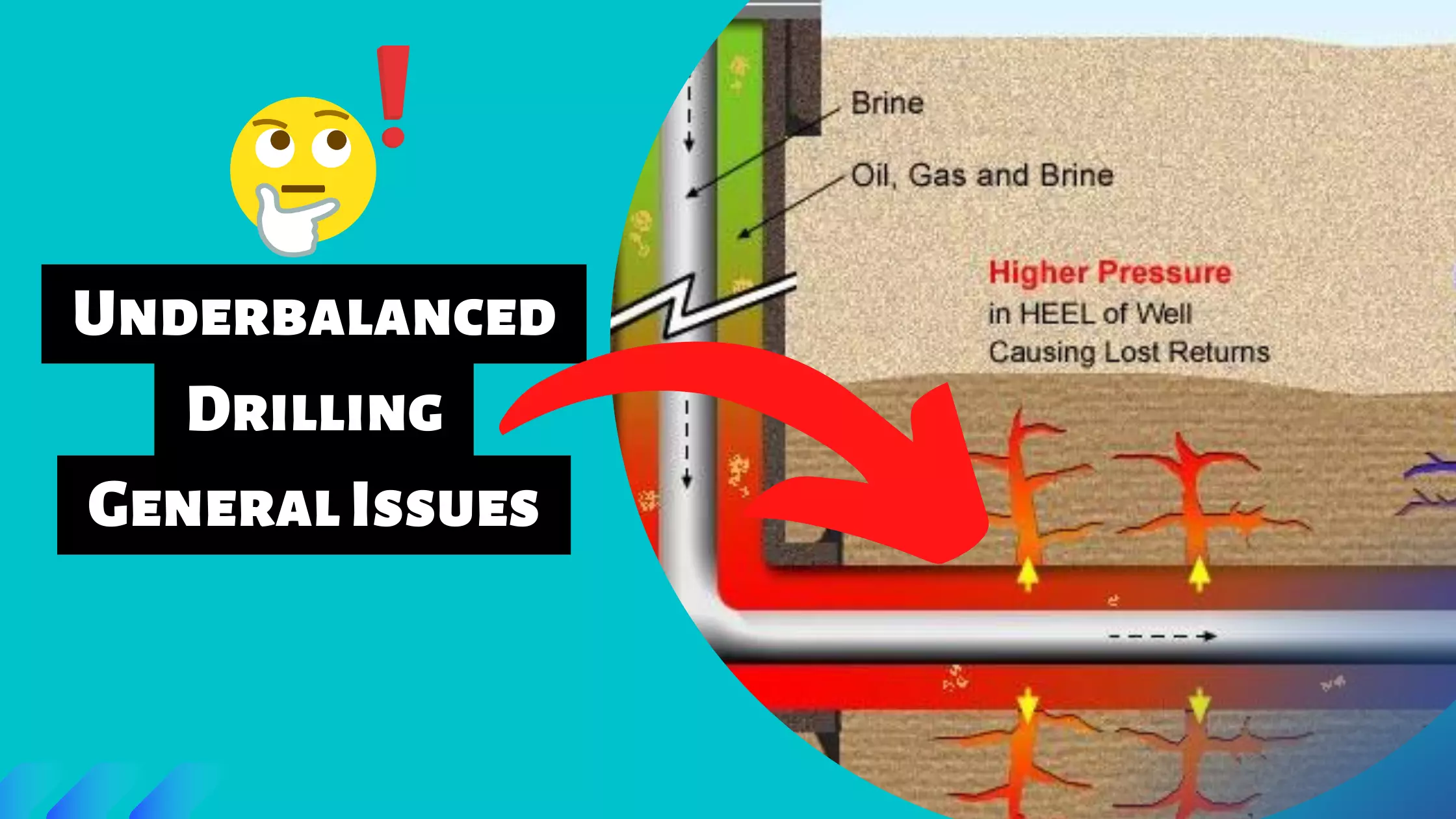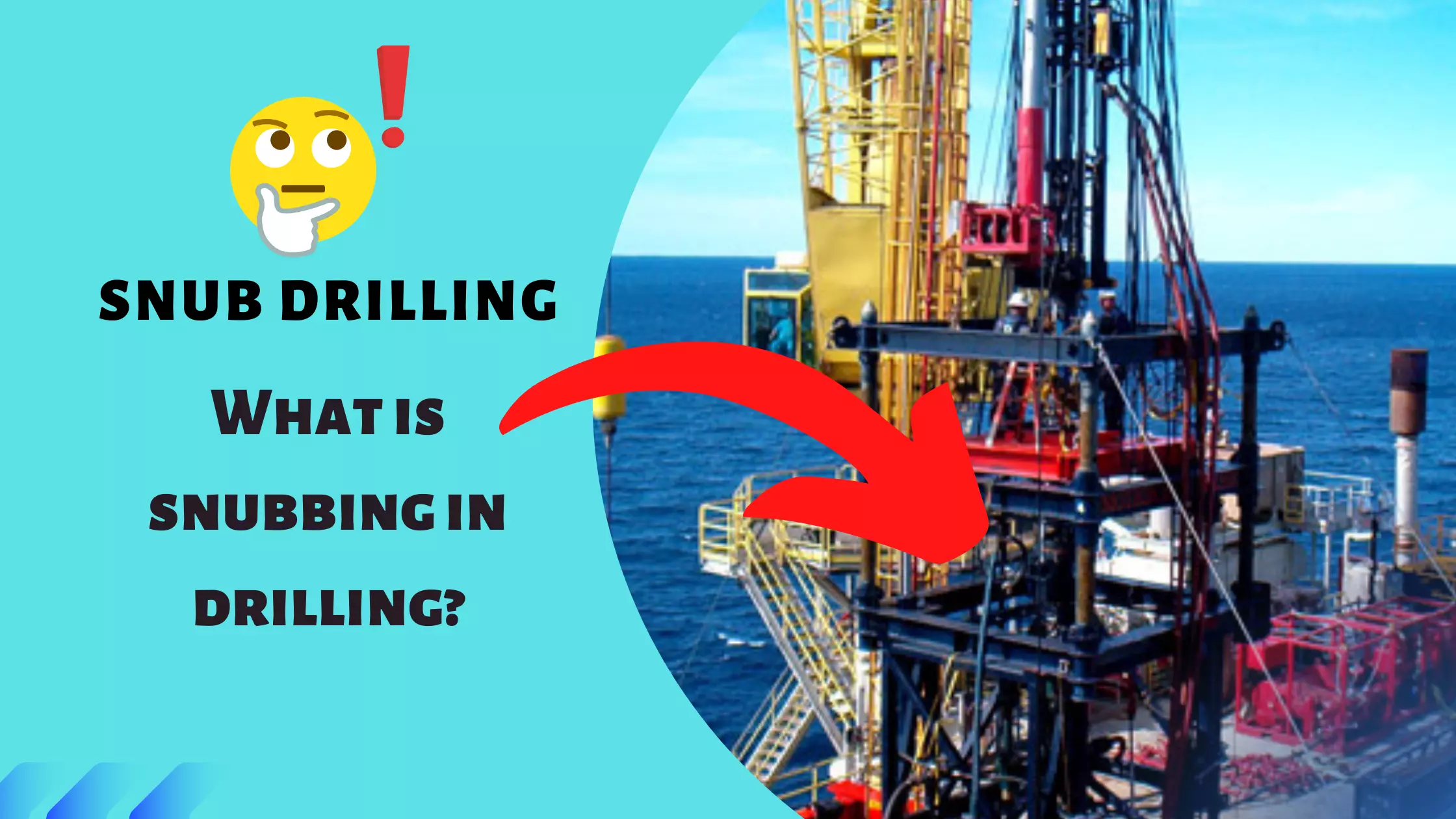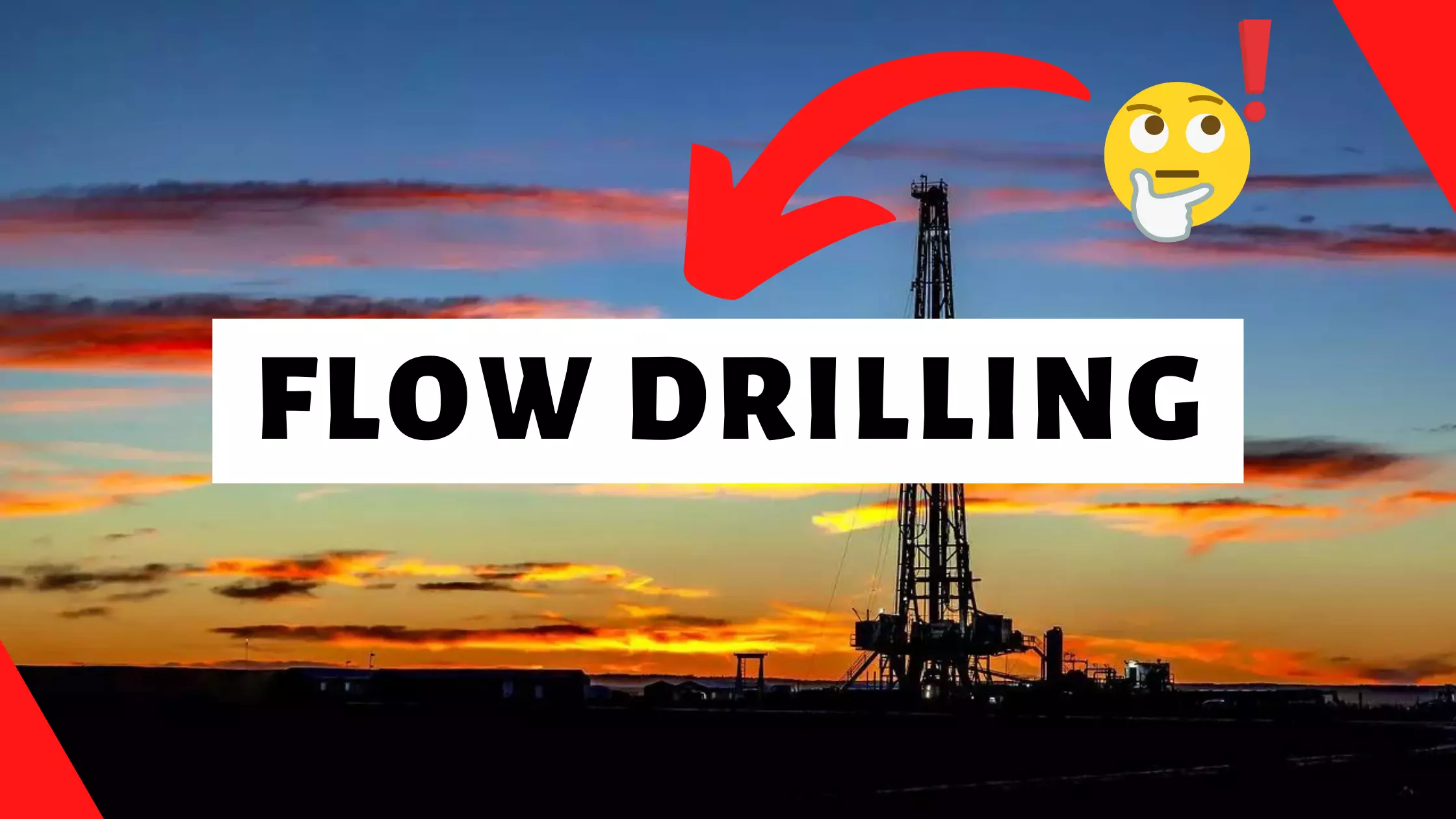- Describe the limitations of the basic, conventional logging tools for evaluating low resistivity and low contrast pay. - Be conversant with specialized logging tools used for evaluating low resistivity and low contrast pay.
Read More »TimeLine Layout
June, 2022
- 28 June
Formation Anisotropy
Formation Anisotropy: A formation is considered to be anisotropic when the magnitude of a vector measurement of a given property changes with
Read More » - 26 June
Cation Exchange Capacity and Irreducible Water Saturation
Cation Exchange Capacity and Irreducible Water Saturation: after completing this topic, you will be able to: - Define cation exchange capacity (CEC). - Summarize how the properties of clays affect the CEC.
Read More » - 25 June
Clays, Shales and Non-Clay Contributors to Low Resistivity
After completing this course, you will be able to: - Define clays and shales. - Describe how clays are classified...
Read More » - 23 June
Historical and Geological Perspective of Low Resistivity and Low Contrast Pay
Learning Objectives After completing this topic “Low Resistivity and Low Contrast Pay“, you will be able to: Summarize the causes of historical limitations of low resistivity and low contrast pay interpretation. Be conversant with the advances in well logging tools and interpretation. Categorize the mineralogical causes of low resistivity and …
Read More » - 22 June
Gamma Ray Logs
Learning and Competence Level Objectives After completing this topic “Gamma Ray Logs”, you will be able to: Discuss the principles of natural gamma rays and gamma ray radiation. Summarize the interpretation applications of LWD and wireline gamma ray logs. Verify gamma ray log data acquisition for quality control and standard …
Read More » - 21 June
Case Studies Underbalanced Drilling
Underbalanced Drilling using Coiled Tubing Drilling Scenario An operator in the Michigan Basin of the United States desired to deepen a well producing from a Niagaran Reef carbonate reservoir. Conventional drilling techniques were not previously successful, because of the overpressure conditions present in this interval. The feasibility study performed by …
Read More » - 21 June
Underbalanced Drilling: General Issues
Coiled Tubing for Underbalanced Drilling Coiled tubing is ideally suited for drilling underbalanced. The continuous nature of the coiled tubing string and the exclusive use of a mud motor for drilling provides several advantages over conventional jointed pipe drilling for underbalanced applications: Drilling with a mud motor prevents the formation …
Read More » - 21 June
Snub Drilling
Snub Drilling Overview If very high formation pressures and uncontrollable loss of circulation are expected during underbalanced drilling, use of a snubbing or a coiled tubing (CT) unit may be necessary. This type of underbalanced drilling is known as snub drilling. Snub drilling should be considered for wells with: Very high …
Read More » - 20 June
Flow Drilling
Flow drilling was first developed for the Austin chalk reservoirs in Texas. Underbalanced conditions are created using
Read More »
 Petro Shine The Place for Oil and Gas Professionals.
Petro Shine The Place for Oil and Gas Professionals.
